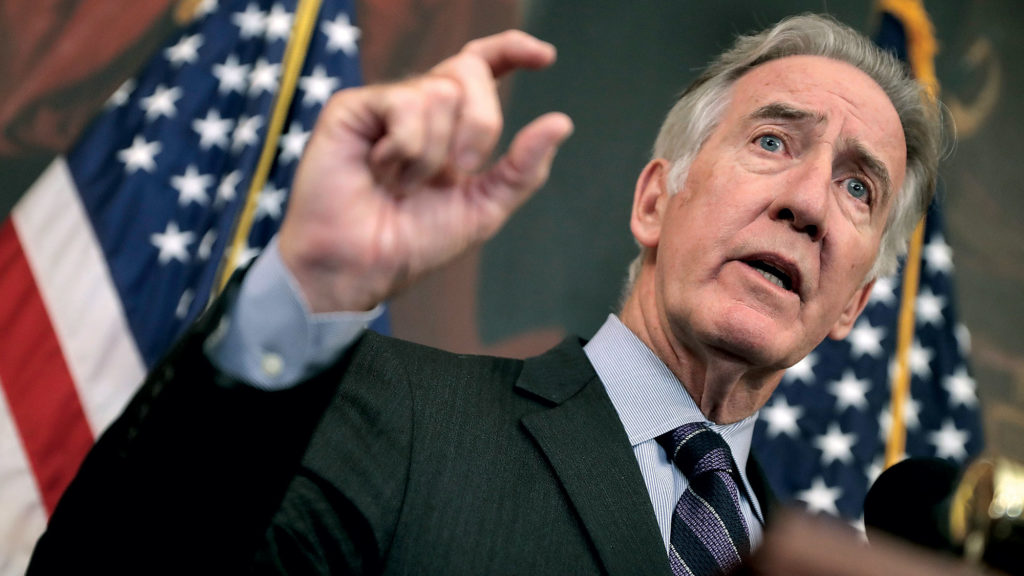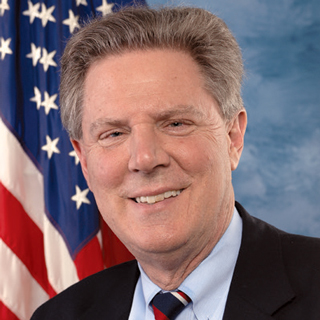
Two House Democrats are pushing the Centers for Medicare & Medicaid Services to issue guidance to prevent long-term care facilities from taking residents’ coronavirus relief payments.
“It is crucial that this vulnerable population group continues to have the certainty that comes with these [economic impact payments] and are not coerced into wrongly handing over their checks for fear of being kicked out of their homes,” House Ways and Means Committee Chairman Richard Neal (D-MA) and Energy and Commerce Committee Chairman Frank Pallone Jr. (D-NJ) wrote Monday In a letter to Centers for Medicare & Medicaid Services Administrator Seema Verma.
President Trump in March signed legislation that provides for one-time direct payments to most Americans of up to $1,200 per adult. The payments are considered advanced payments of tax credits and can’t be counted as “income” or “resources” for Medicaid purposes, the congressmen wrote.

Compliance with the protections against the checks from being seized should be a condition for facilities to receive any money from a relief fund for healthcare providers, the letter writers said. Neal and Pallone also asked CMS what actions it plans to take to ensure that facilities don’t seize the payments and that they also return those that have already been seized.
While the Federal Trade Commission last month said it heard there were some instances of facilities claiming they were entitled to the checks from the Medicaid residents. The American Health Care Association and National Center for Assisted Living, which received another letter from Reps. Neal and Pallone, said they were not aware of major issues.
“Stimulus checks are handled in the same manner as other resident benefit payments,” they said in a statement, according to a report in The Hill newspaper. “Any stimulus payments to long-term care residents will be managed in the same way their current benefit funds are deposited and managed. That will vary from person to person based on their individual preferences and circumstances.”




